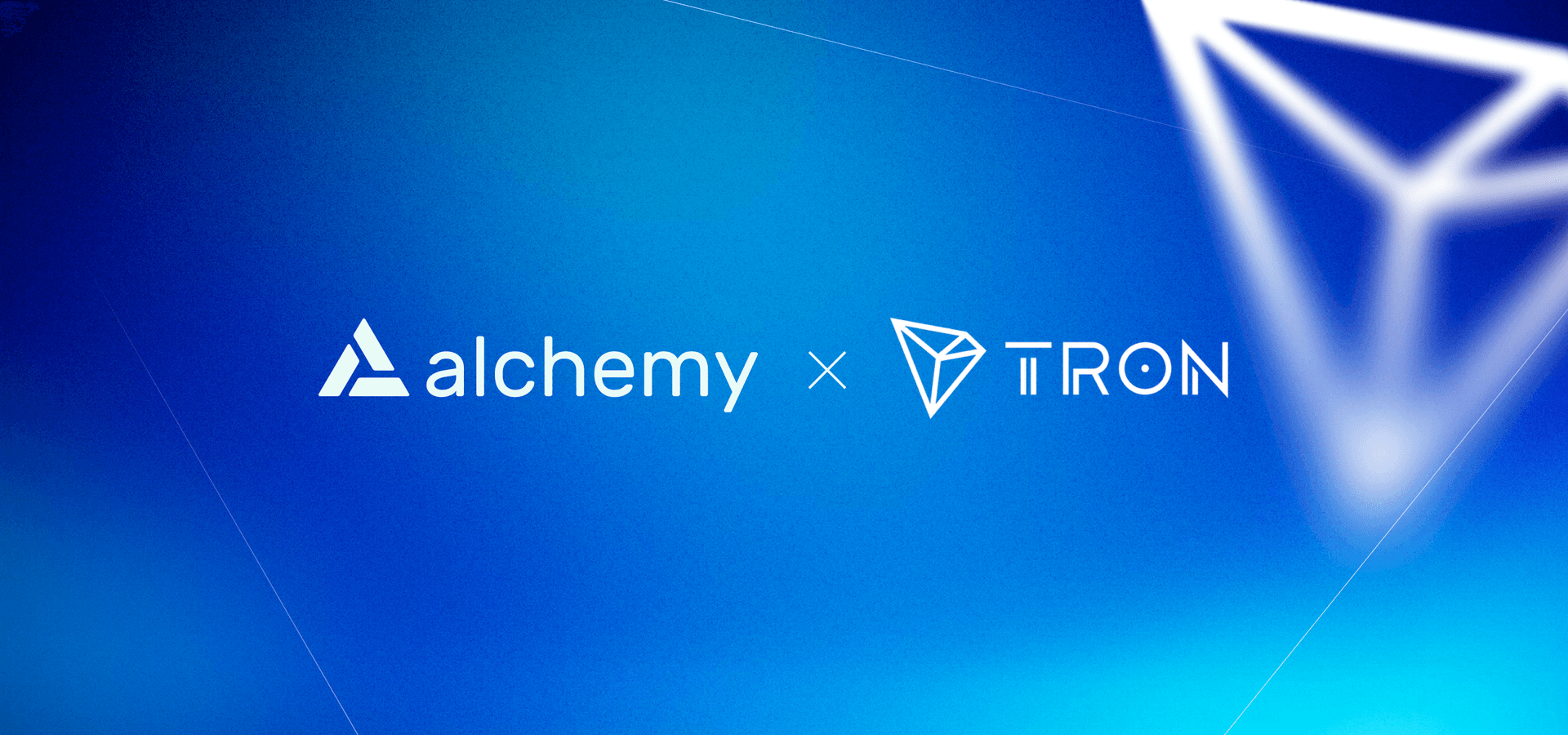Taking NFTs to the Mainstream
Author: Alchemy Team
What’s holding NFTs back from mass adoption? We finally have an ownership model that works in the digital world, but despite all the buzz around NFTs, the people using them are still a pretty small population. So what’s the roadblock? What needs to change to get millions more using them? The answer is pretty simple – complexity. Using NFTs requires technical skills that often go beyond the abilities of even experienced developers.
Today, we’re launching an API to solve this, to make integrating NFTs into existing platforms as easy as possible. Right now, we’re in phase one of the NFT world. if you buy a NFT, there isn’t much you can do with it. You can see it on the marketplace where you bought it, like Opensea or Rarible, or in your wallet, like Metamask. Maybe you use it as your avatar on Twitter, and hope that just having it there is proof enough of your ownership. The NFT itself is on the chain but it’s hard to access and interact with. It’s not truly part of your full digital life, it's part of one small part of your digital life.
Alchemy NFT API provides developers with the tools they need to move NFTs to phase two, the integration of Web3 and Web2. This is where developers working on websites and apps have easy access to blockchain innovations like NFTs, and blockchain developers are able to more easily use NFTs in their creations. Social platforms will allow you to use your NFT as your avatar with clear proof of ownership that’s updated as properties of the NFT change. Creator platforms will open up minting and display of NFTs to millions more artists and expand those artists’ potential market to the entire internet.
Phase three is the metaverse, where digital ownership will be a fundamental building block. Immense resources are being poured into the creation of the metaverse, and central to the entire concept is the idea that your identity and the things you own in the digital world should always be present, no matter where you go. NFTs provide the framework to make that work. And now, with Alchemy NFT API, developers have a simple to use toolset to make this all happen.
By adopting the API, even the most experienced developers can eliminate hundreds of hours of work and the need to develop their own custom solutions to make NFTs usable in their projects.
With Alchemy NFT API, developers will now have instant access to all the information they need about NFTs and their metadata. Fetching even the most in-demand properties of an NFT, like it’s image, forces developers to dig deep into the specifics of thousands of smart contracts and build mountains of custom logic and infrastructure. The NFT API distills this impossibly difficult task down to a single call.
Even more complicated workflows, like verifying NFT ownership or inspecting an asset’s transfer history are made similarly accessible by our API. A single call, and you can confidently display a user’s full NFT collection, with ownership fully verified on chain. As assets change properties and change hands, Alchemy NFT API will update your application in real time with a suite of NFT-enabled webhooks.
We also recognize that the demand for NFTs hasn’t been limited to any single chain, and the problems developers face only grow exponentially as they try to understand and build with assets from different ecosystems. Alchemy NFT API will support both Ethereum and Flow from Day 1, and will provide a simple, unified API into NFTs across all major blockchains in the near future.
Want a quick example of what’s possible with Alchemy NFT API? Take two minutes to watch this video.
Alchemy Newsletter
Be the first to know about releases
Sign up for our newsletter
Get the latest product updates and resources from Alchemy
By entering your email address, you agree to receive our marketing communications and product updates. You acknowledge that Alchemy processes the information we receive in accordance with our Privacy Notice. You can unsubscribe anytime.
Related articles

TRON Support Is Live on Alchemy
You can now build on TRON, the second largest blockchain by stablecoin marketcap, with Alchemy.

Built for Solana: 20x Faster, 99.99% Uptime, 2x Throughput
We’ve completely rearchitected our RPC and Streaming API for Solana.

AWS Veteran Bill Platt Joins Alchemy as COO
Alchemy welcomes AWS veteran Bill Platt as Chief Operating Officer to help lead the next era of AI-powered blockchain infrastructure.